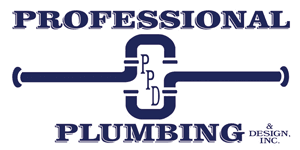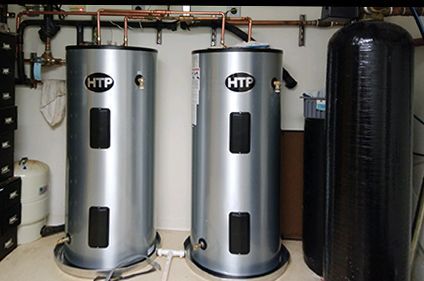By: Matt Wittman, President of Professional Plumbing & Design, Inc.
From the Tips & Tricks Issue (September 2020) of Community Magazine,
The Official Journal Of Community Associations Institute West Florida Chapter
Maintaining water heaters, pipes and water supplies helps avoid costly flood damage. Units with cast iron drains should be on a regular cleaning schedule.
Inside homes and condominium units, make sure all water supplies to fixtures, faucets and appliances (dishwasher, ice maker, washing machine, toilets and faucets) are of the braided stainless-steel type with metal connections. Replace all non-braided stainless-steel supplies with metal connections; even braided supplies with plastic connections have shown to be possible leak or flood points. These supplies are under constant water pressure day and night and can fail at any time.
Water heaters should be replaced at least every 10 years unless they have a longer warranty. Most associations require this replacement to avoid flooding damage to other units. There can also be flood stop-valves installed at the water heater that will shut off the water to the water heater if it leaks. Taking leak detection a step further, there are whole house I unit leak detection systems that will shut the water off to the entire house I unit if any leak is detected.
When it comes to multi-story or single-story units with cast iron drains, they should be maintained by regular cleaning (cable cleaning, high speed milling and jet cleaning). In multi-story buildings, the kitchen stacks and the underground drains should be cleaned at least every five years to remove grease and other build up. Single-story units should also clean the underground drains according to the same schedule.
If your multi-story building is older and the cast iron drains have already begun to crack, break and leak, then it would not be worth spending the money to clean pipes that need to be replaced or lined. This also applies for underground cast iron drains in multi-story or single-story units. The old cast iron drains under the slab can be in just as bad shape as the ones above the slab, but you don't see them leaking. As a rule of thumb, replace pipes you can easily get to (behind drywall walls and ceilings) and line pipes you can't easily get to (under concrete slabs and in block walls).
Drains can clog over time.
If you think about all of the types of things we flush down our drains, it's a wonder they don't clog more often. Drains run slower as greases, hair, toothpaste, soap and other debris build up inside the pipes and eventually cause blockage.
If you have clogged drains, there are a few things you can do yourself to try and clear them.
- Use a plunger. A very handy tool, and no house should be without one. You can try using a plunger to free up the blocked drain. But if you are full of muscles and work out at the gym regularly - don't get too carried away. If your drain doesn't unclog right away move on to another method because too much pressure from a plunger may damage your drain or pipes.
- Baking soda and vinegar. Sometimes using baking soda and vinegar can clear a clogged drain. Pour ½ cup baking soda down the drain and then carefully pour in a cup of vinegar on top. Quickly place the stopper in the drain and dive for cover (just kidding). Actually – just let it sit for a few minutes then pour about a gallon of boiling water down the drain – some people swear by this method. Just be careful with anything porcelain as it may crack, and make sure you run plenty of water down the drain after it is cleared to flush the lines.
- Use a chemical drain opener. This is not environmentally friendly, and a bit hazardous if you are not careful. Be sure to carefully read the information and cautions on the package before proceeding. Chemical drain openers can clear out 'slow' drains, but should not be used on a 'stopped' drain. Chemical drain opener is not recommended for septic tanks, because it will kill the beneficial bacteria.
Some drain cleaners can damage plastic pipes and garbage disposals. You should always use these chemicals with care. - Use a snake. You can buy or rent a manual or mechanical snake to clear your drain. However, if you are not careful, and do not use the tool properly you can cause much damage to your pipes.
The DIY approach is always great to try at first as you can save a lot of money. But there is a point where you have to decide when it's time to bring in a professional plumber because you could end up causing more damage that results in costly repairs down the road.
If these tips for drain cleaning fail, you may have a more serious problem. Some older homes with mature trees planted close to the house have problems with roots cracking or blocking pipes.
Professsional Plumbing & Design will be able to clear your clogged drain without damaging your plumbing or fixtures. Please call us at (941) 355-5400 if you have a clogged drain, we'd be glad to help.






